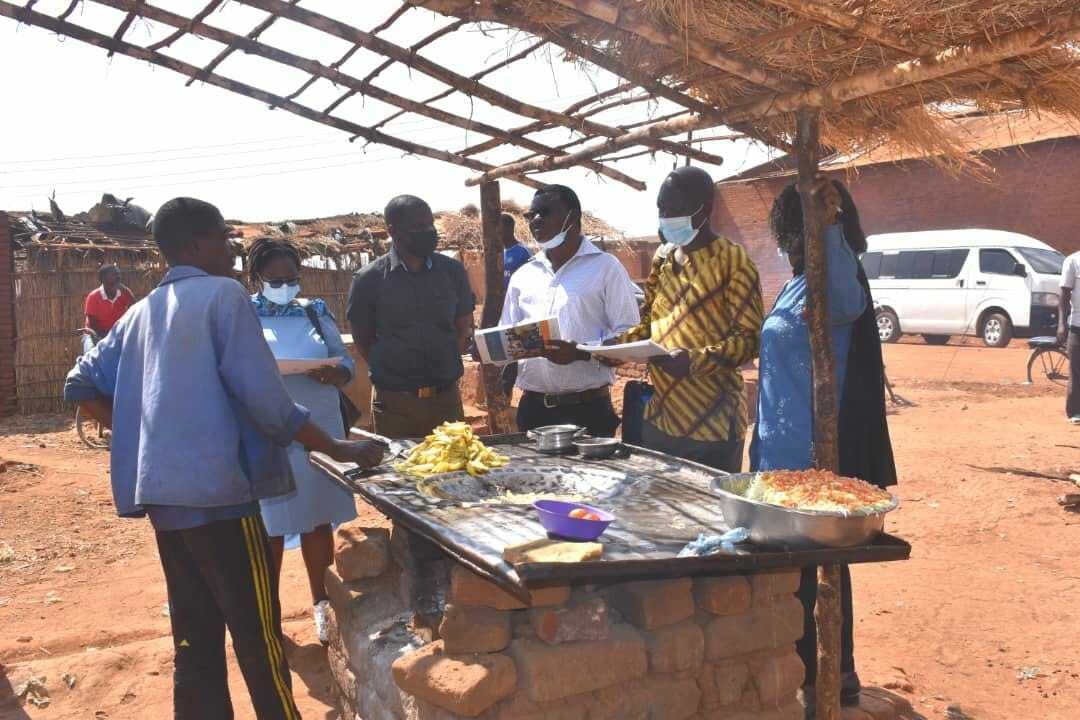
Ministry of Agriculture says the Smallholder Horticulture Empowerment and Promotion Approach (SHEP) will address the problem of markets among smallholder farmers.
SHEP is an approach which realizes "Market-Oriented Agriculture" and converts farmers mind from "grow and sell" to "grow to sell".
It was developed in Kenya through technical cooperation project by JICA which started from 2006 and succeeded in increasing farmers' income.
Director of The Department of Agricultural Extension Services in the Ministry, Jerome Chimgonda-Nkhoma said this on Monday at Bunda College of Agriculture during the opening of a two-day training of extension trainers on SHEP and introductions to database management.
He said the country has done a lot in terms of productivity saying most farmers were not empowered beyond production.
“SHEP approach is here to address this problem. It empowers farmers to look for markets as well as manage the tricks that vendors play on them. In addition it provides a platform for contributing to the goals of economic growth since horticulture provides avenues for food and economic activities in the country,” he said.
He said through the National Agricultural Extension and Advisory Services Strategy, the Ministry is promoting innovative extension approaches and messages saying SHEP achieves these two objectives since it has extension approaches and messages on horticulture.
In her remarks Bunda College Director Agnes Mwangela commended Sasakawa Africa Association (SAA) and LUANAR for organizing the training saying this would go a long way in addressing market challenges among farmers.
“It is pleasing to see that this training which is aimed at sharpening the skills of extension staff and alumni in SHEP will also look into the horticultural value chain. I am convinced that participants will come out with theoretical and practical skills that will advance horticulture in Malawi,” she said.
SAA representative, Dr. Mercy Akeredolu said agricultural extension and advisory Services has a key role to play as it has to deliver quality advisory services along all segments of the commodity value chain and it must be market led.
“SAA`s effort to support the capacity development of Extension workers in Malawi stated in 2005 with the Bunda College. Our focus has been in the area of curriculum development to ensure that it is demand-driven, need-based, value chain oriented, action research based and market led,” she said
Akeredolu further said in order to increase the capacity of lecturers and alumni members on the delivery of market oriented extension and advisory services, her organization decided to organize the training to equip the academicians and alumni with knowledge and practical skills on the SHEP approach.
SAA and LUANAR have been partners since 1998 to develop and implement demand-driven, value chain oriented agricultural extension curriculum to train mid-career agricultural extension workers from public and private sector in Malawi.